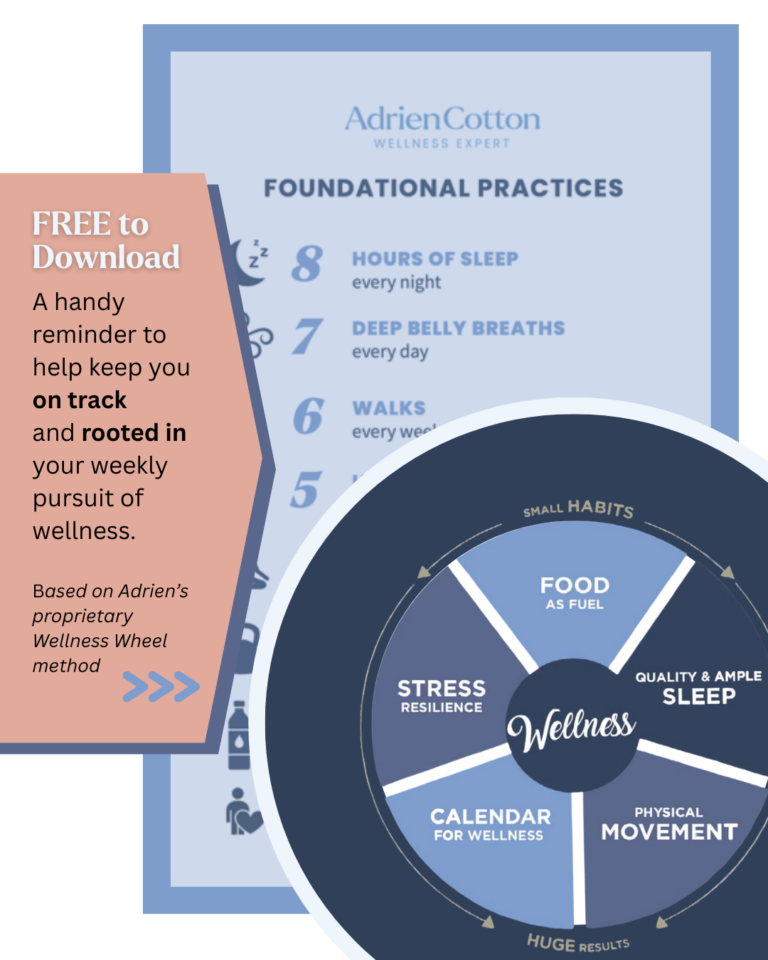How would you rate your willpower? What if you were left alone in a room with a bowl of warm chocolate chip cookies and a bowl of radishes. Would the cookies survive? Or would you pass on the warm sweetness and choose the healthier radish? Maybe a bowl of radishes isn’t the best choice for an alternative to cookies, but you get where I’m going.
Can you imagine being a kid alone in a room with a bowl of marshmallows?
In the 1960s, there was a study of a group of four-year-old kids intended to measure willpower. A child is brought into a room and on the table is a bowl of marshmallows. The child is told she/he can A) eat one marshmallow right away, or B) wait for a short period of time and get two marshmallows. Guess how many children chose to wait to get more? Thirty percent of the children resisted immediate gratification! It was a groundbreaking study of the effects of willpower, eventually concluding that, just like saying “please” and “thank you,” math, and grammar skills, willpower can be taught. Willpower was found to be a skill.
Several years later, the scientists tracked down the same children who were in the study and found the 30 percent who delayed gratification were better off in life overall. They:
- Got better grades
- Scored on average 210 points higher than those who couldn’t resist
- Didn’t do drugs
- Were more popular
- Showed up for class on time
- Did their homework
- Had the ability to maintain friendships
- Had the capacity to cope with important problems when they arose
- Got into more selective high schools
The results of this study showed that success often comes down to choosing the pain of discipline over the ease immediate gratification. And that’s exactly what delayed gratification is all about. Putting off something pleasurable now for something equally as or more pleasurable later.
The big question left unanswered – until part 2 of this series – is did some children naturally have more self-control and were destined for success? Or can self-discipline be learned? And, can you find ways to build up – strengthen – your willpower to reach your ultimate goal of being fit?
The answer is a resounding YES!
The bowl of radishes versus chocolate chip cookies was another scientific study of willpower conducted of at Case Western University to continue to learn more about a new field called “self-regulation.” The chief scientist, Roy Baumeister, a purveyor of willpower and self-regulatory research, especially the marshmallow test, believed there was something to this willpower thing. If it really is a skill, like, say, being able to make an awesome omelet, then you can make an awesome omelet every day. But can you turn down something not good for you as easily as making an omelet?
What is the difference between the willpower to exercise daily, eat healthy foods, get at least seven hours of uninterrupted sleep, and to say “no” more than “yes” and willpower to be able to make an omelet?
In the first part of the trial, Baumeister kept the 67 study participants in a room that smelled of freshly baked chocolate cookies and then teased them further by showing them the actual treats alongside other chocolate-flavored confections. While some did get to indulge their sweet tooth, the subjects in the experimental condition, whose resolves were being tested, were asked to eat radishes instead. And they weren’t happy about it. As the scientists noted in their Journal of Personality and Social Psychology paper two years later (PDF), many of the radish-eaters “exhibit[ed] clear interest in the chocolates, to the point of looking longingly at the chocolate display and in a few cases even picking up the cookies to sniff at them.”
After the food bait-and-switch, Baumeister’s team gave the participants a second, supposedly unrelated exercise, a persistence-testing puzzle. The effect of the manipulation was immediate and undeniable. Those who ate radishes made far fewer attempts and devoted less than half the time solving the puzzle compared to the chocolate-eating participants and a control group that only joined this latter phase of the study. In other words, those who had to resist the sweets and force themselves to eat pungent vegetables could no longer find the will to fully engage in another torturous task. They were already too tired.
So, the difference is not allowing your willpower to be used up too early or too much in the day. Conserve your willpower-requiring events.
Willpower is absolutely, unequivocally essential to your fitness. So, how can you build greater willpower? Well…you’ll have to come back next week for part 2.



